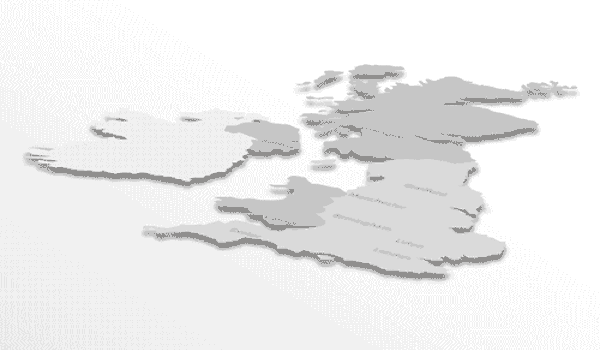Somerset drivers urged to report dangerous ‘Crash for Cash’ scams following rise in reports around the town of Frome

The Insurance Fraud Bureau (IFB) is urging drivers in Somerset to watch out for signs of dangerous ‘Crash for Cash’ scams following a rise in reported cases.
‘Crash for Cash’ is a motor insurance scam which sees fraudsters invent or deliberately cause road traffic collisions, often involving innocent people, to try and get compensation.
The IFB has identified a series of collisions which might be linked to ‘Crash for Cash’ activity around the town of Frome and nearby village of Beckington.
Locals are being urged to be vigilant and to report any evidence to the IFB’s CheatLine.
Ben Fletcher, Director at the Insurance Fraud Bureau (IFB) said:
“We have sadly seen a rise in reports of suspected ‘Crash for Cash’ scams around the town of Frome, so it’s crucial for community members to learn the signs of this dangerous scam so they can protect themselves from falling victim and report evidence.
“Whilst we urge drivers to be vigilant, we also want to stress the importance of not confronting anyone who is suspected of being involved in this scam as it could put people in harms’ way. If anyone believes that they have been induced into a car crash, they should remain calm and exchange details as legally required.
“We are looking at the scams being alleged, and any findings will be shared with our police partners. Evidence of ‘Crash for Cash’ scams can be reported to our confidential CheatLine (powered by CrimeStoppers) on 0800 422 0421 or at insurancefraudbureau.org”.
‘Crash for Cash’ scams are prevalent across the country, with IFB analysis indicating that every four minutes in the UK a motor insurance claim is linked to the scam.
‘Crash for Cash’ scams can range from paper-based fabrications, or vehicles being damaged behind closed doors, through to the most dangerous where collisions are being caused by fraudsters with innocent road users.
‘Crash for Cash’ scams that involve innocent drivers are typically carried out by fraudsters who slam on their brake at busy junctions and roundabouts so the driver behind won’t stop in time. Sometimes this is done with an accomplice in a second vehicle driving erratically in front, so they can divert the victim’s suspicions by saying the driver in front (who has since fled the scene) caused the accident.
They are also known to encourage other drivers to pull out of side roads or wait until they creep forward for a better view, only to crash into the side of them.
Avoiding ‘Crash for Cash’ scams
Keep a good distance
Always keep a good distance from the vehicle in front. According to the DVSA (Driver and Vehicle Standards Agency) the time required to safely stop is:
- 2 seconds in dry conditions.
- 4 seconds in wet conditions.
- 20 seconds in icy or snowy conditions.
Stay alert
- Drive safe and stick to the highway code.
- Look ahead to spot any potential hazards including unusual driving behaviour.
- Focus on vehicles and not just their lights, as fraudsters often disable brake lights.
- Be cautious when pulling out of a side road, especially if encouraged by another driver.
- If other drivers or their passengers are behaving suspiciously, or the condition of their vehicle is poor (such as rear dents), stay calm and keep back.
Know the signs of a ‘Crash for Cash’
- The driver or their passengers appear to be unphased after the collision.
- The driver or their passengers appear to exaggerate injuries.
- Pre-written insurance information is handed over.
Reporting ‘Crash for Cash’ scams
Note as much information as possible about the driver, any passengers and circumstances of the collision. This can include written information, pictures, dashcam footage and noting CCTV in the area.
Make sure to exchange insurance details as legally required and never confront the other driver and/or their passengers as it could place people in harms’ way.
Evidence of a ‘Crash for Cash’ scam can be reported to the IFB’s confidential and anonymous CheatLine (powered by CrimeStoppers) on 0800 422 0421 or at www.insurancefraudbureau.org/cheatline.
In addition, it should be reported to the local police force and the driver’s insurer.


